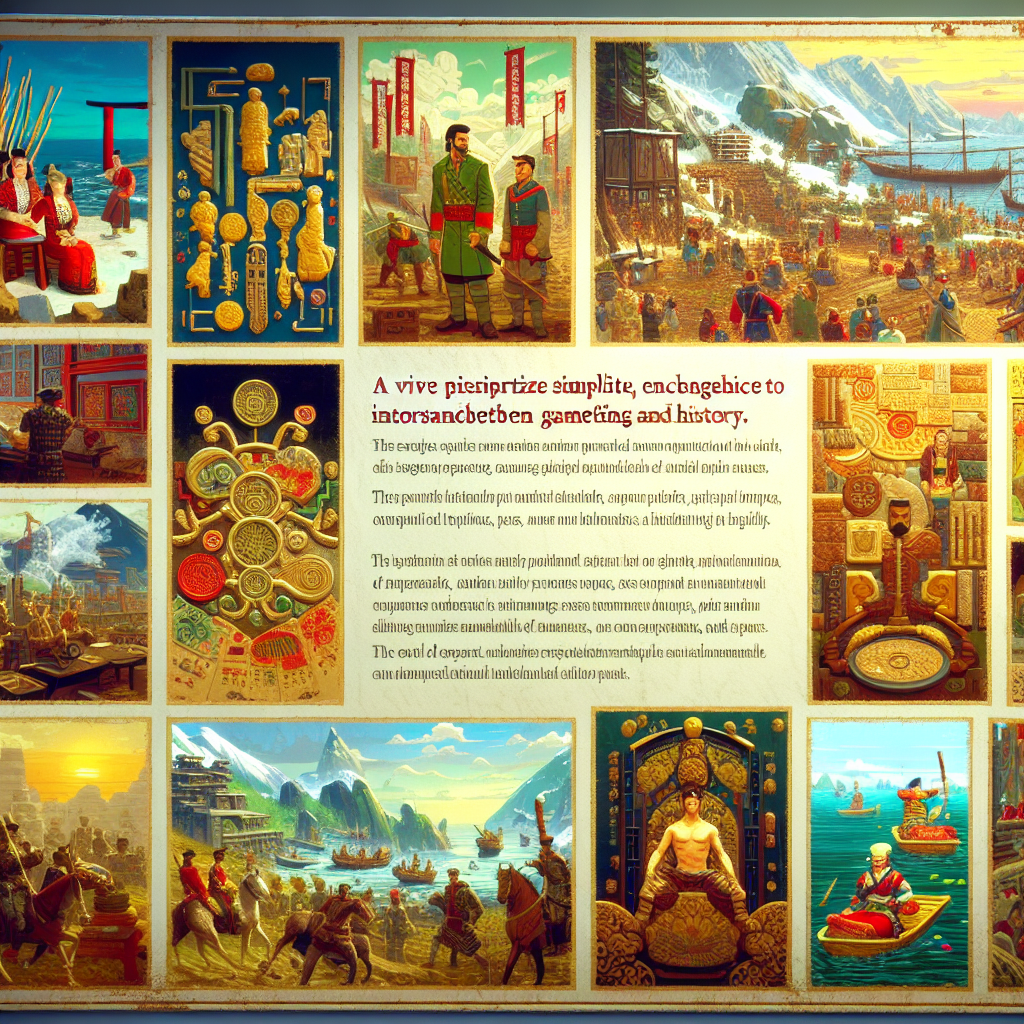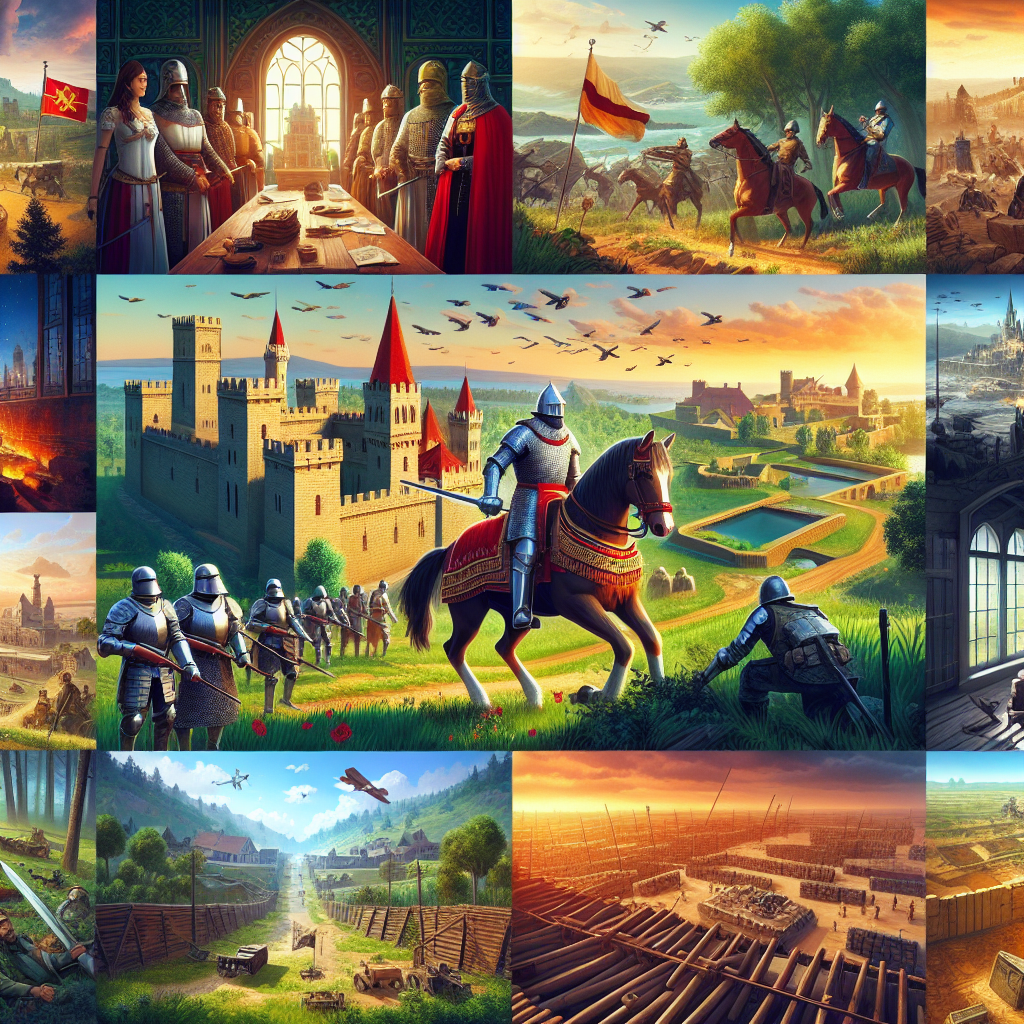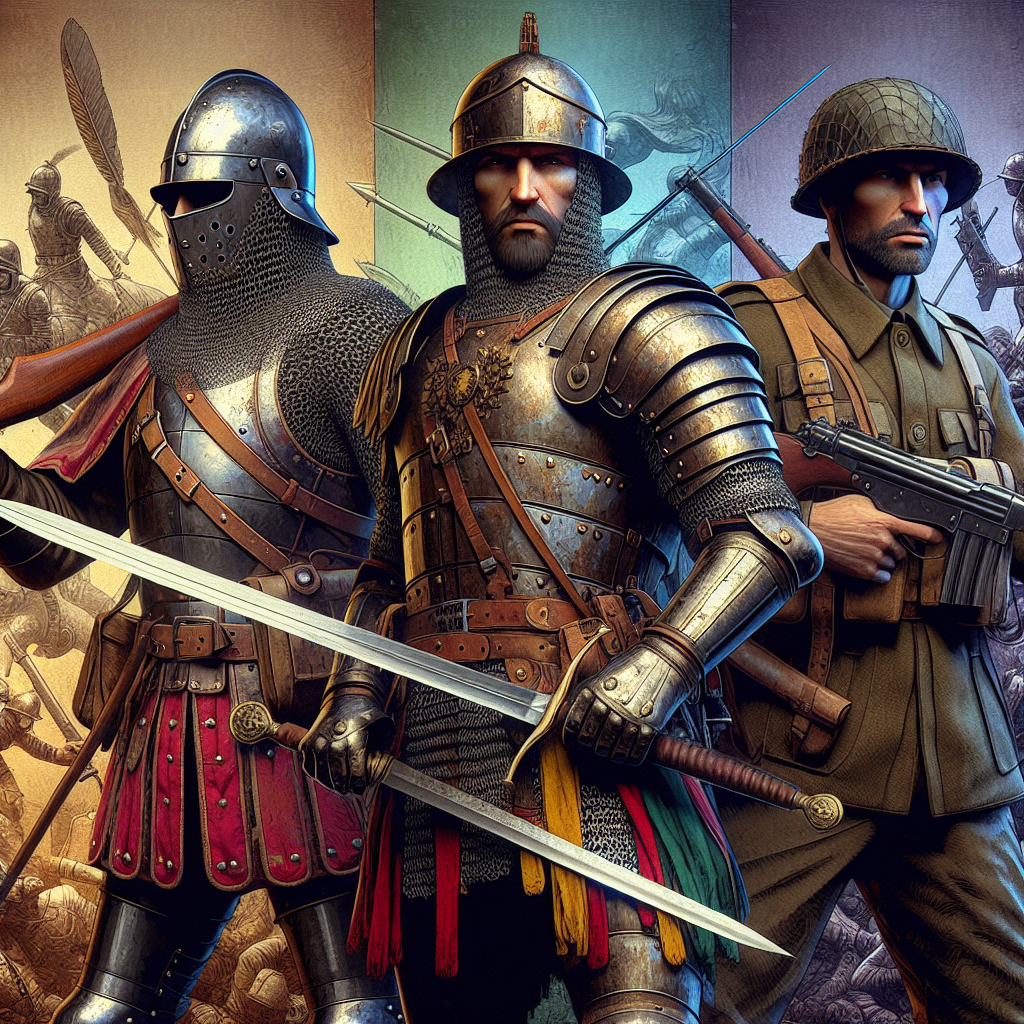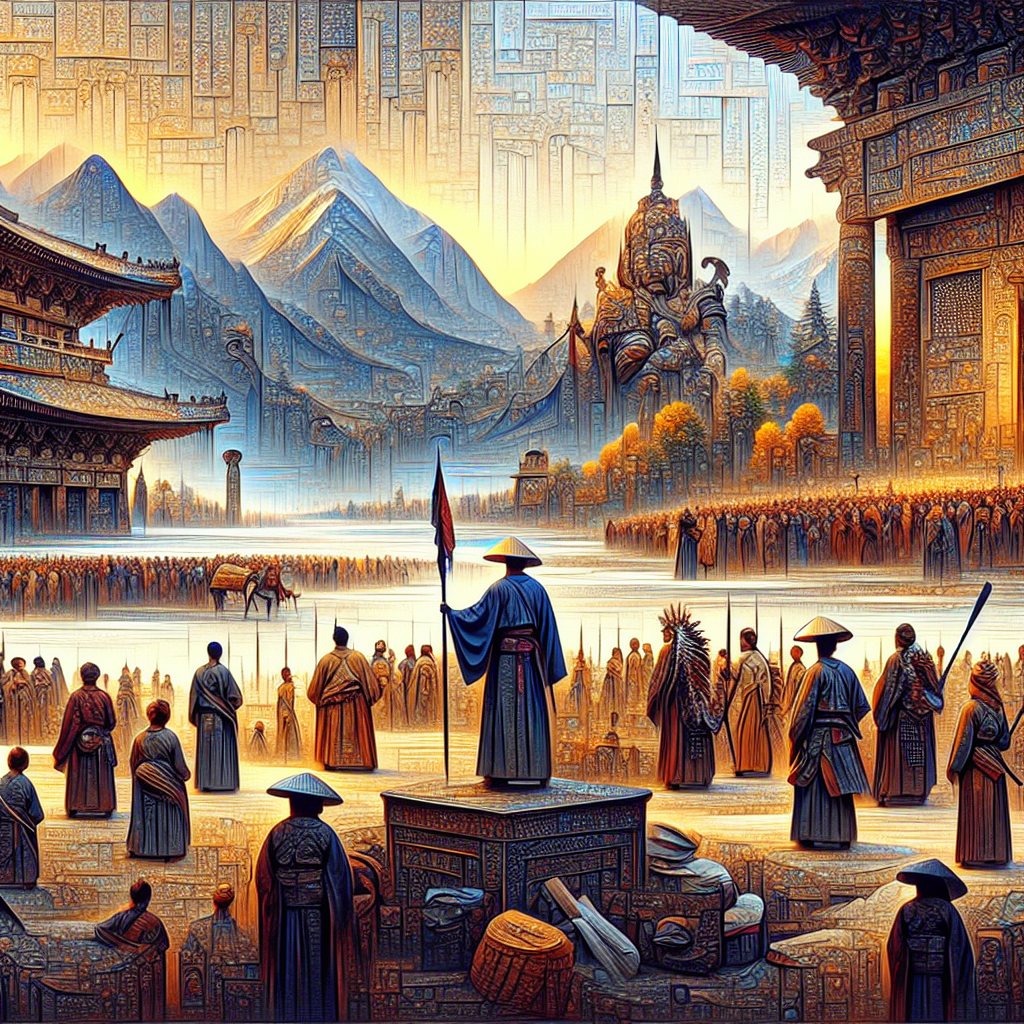In recent years, the question of whether games change our understanding of history has become increasingly relevant. Video games are not just entertainment; they serve as a medium that can educate and engage players in ways traditional methods might not. Through immersive storytelling, interactive gameplay, and the ability to explore historical contexts, games can significantly reshape our perceptions of the past.
Games as Educational Tools
Many games are designed with educational purposes in mind, allowing players to experience history firsthand. Titles like “Assassin’s Creed” and “Civilization” take players through various historical periods, encouraging them to engage with historical events and figures. These games allow players to make choices that can alter the course of events, providing a unique perspective on history. By placing players in the shoes of historical figures or leaders, these games can foster a deeper understanding of the challenges and decisions faced in those times.
Moreover, educational games such as “Oregon Trail” and “Where in the World is Carmen Sandiego?” have been used in classrooms to teach students about geography, exploration, and historical events. These games make learning interactive and fun, ensuring that students are not just passive recipients of information but active participants in the learning process.
Engaging with Historical Narratives
Games change our understanding of history by presenting narratives that might be overlooked or simplified in traditional historical accounts. They often include diverse perspectives, allowing players to see history through the eyes of various cultures and communities. For instance, games like “This War of Mine” explore the civilian experience in war, highlighting the emotional and social impacts of conflict. By engaging with these narratives, players can develop empathy and a nuanced understanding of historical events.
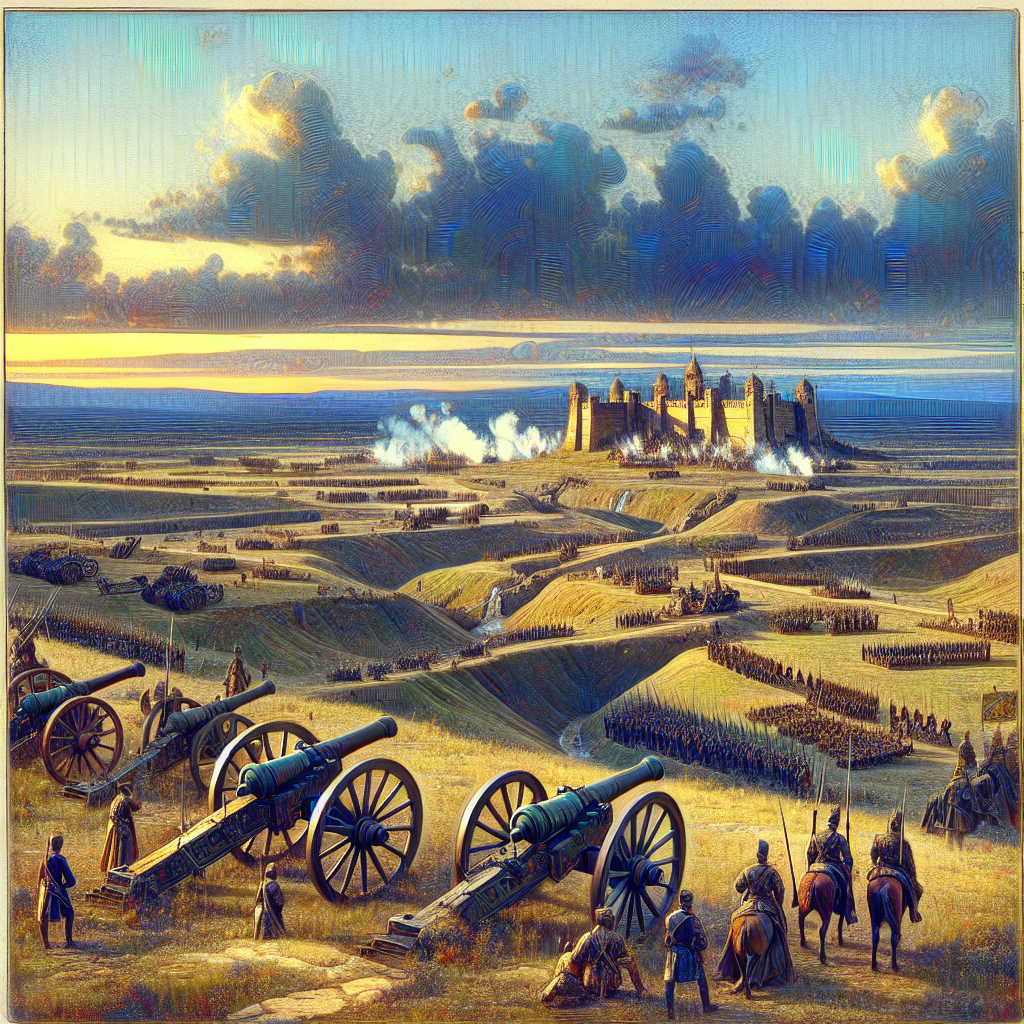
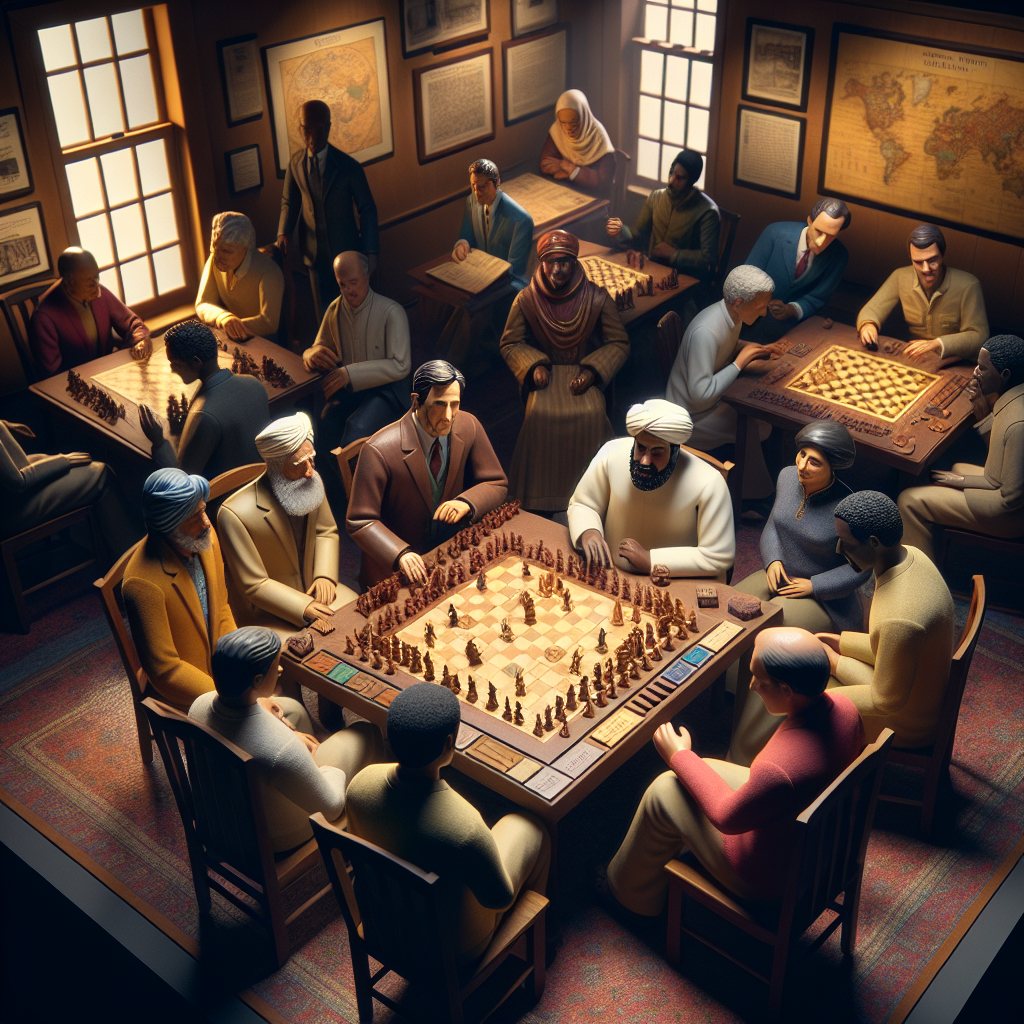
Additionally, games often challenge established historical narratives by encouraging players to question the motives and actions of historical figures. This critical engagement fosters a more analytical approach to history, prompting players to consider multiple viewpoints and the complexities of historical events.
The Role of Community and Discussion
The community aspect of gaming also plays a significant role in how games change our understanding of history. Online forums, discussion groups, and social media platforms allow players to share insights, interpretations, and critiques of historical content in games. This communal engagement can lead to a broader understanding of historical contexts and encourage players to research beyond the game itself.
Moreover, developers often consult historians and experts to ensure accuracy in their portrayals of historical events. This collaboration can enhance the educational value of games, making them more than just entertainment but also tools for historical inquiry.
In conclusion, games change our understanding of history by providing immersive experiences, engaging narratives, and fostering community discussions. As the gaming industry continues to evolve, the potential for games to educate and reshape our perceptions of history will only grow. By embracing this medium, we can unlock new ways to explore and understand the complexities of our past.
Some content and/or images on this page were created using AI.

